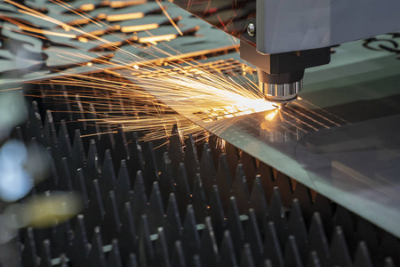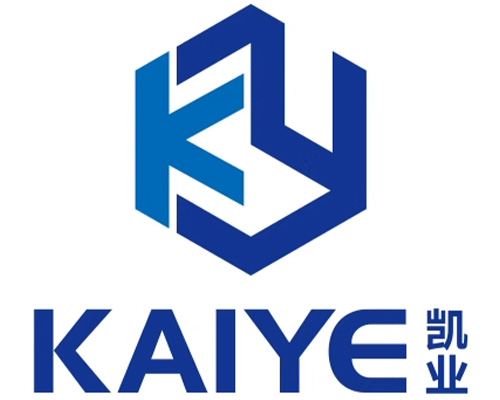Sheet metal processing refers to using various processing methods to make metal sheets reach a certain shape and size and meet certain accuracy and smoothness requirements. Sheet metal processing includes shearing, punching, folding, welding and other processes. Cutting, punching and folding are all cold processes, that is, they are performed at room temperature, while welding is hot processing, that is, they are performed after the metal sheet is heated. Sheet metal processing is an important branch of the mechanical processing industry and is widely used in automobiles, aerospace, electronics, light industry, construction and other fields.
Market potential
The automobile industry is growing rapidly. Automobile production requires a large amount of sheet metal processing products, and the expansion of the automotive industry is expected to drive the growth of the sheet metal market.
Development of the chemical industry. The government pays attention and corresponding expenditures to the chemical industry. This has driven the continuous development of the Indian chemical industry, growing at a compound annual growth rate.
The popularization of Industry 4.0 and the development of intelligent manufacturing. The sheet metal processing industry is also constantly moving towards digitalization and intelligence, accelerating the application of robot automated production and improving production efficiency and product quality. At the same time, with the rapid development of new energy vehicles, 5G communications and other fields, the market demand for the sheet metal processing industry is also increasing.
Challenge
Raw material costs fluctuate.
Strict government regulations.
Labor costs are too high. The traditional sheet metal processing industry is labor-intensive and requires a large amount of manpower for production, but labor costs have always been a factor restricting the development of the sheet metal processing industry.
The technical level is not high. The technical level of some enterprises is low, the production equipment is aging, and quality management is not in place, making it difficult to guarantee product quality.
Therefore, sheet metal processing companies should strive to develop in the direction of intelligent manufacturing, product differentiation, and diversification to improve production efficiency and product quality, reduce production costs, improve corporate competitiveness, and gain greater advantages in market competition.


